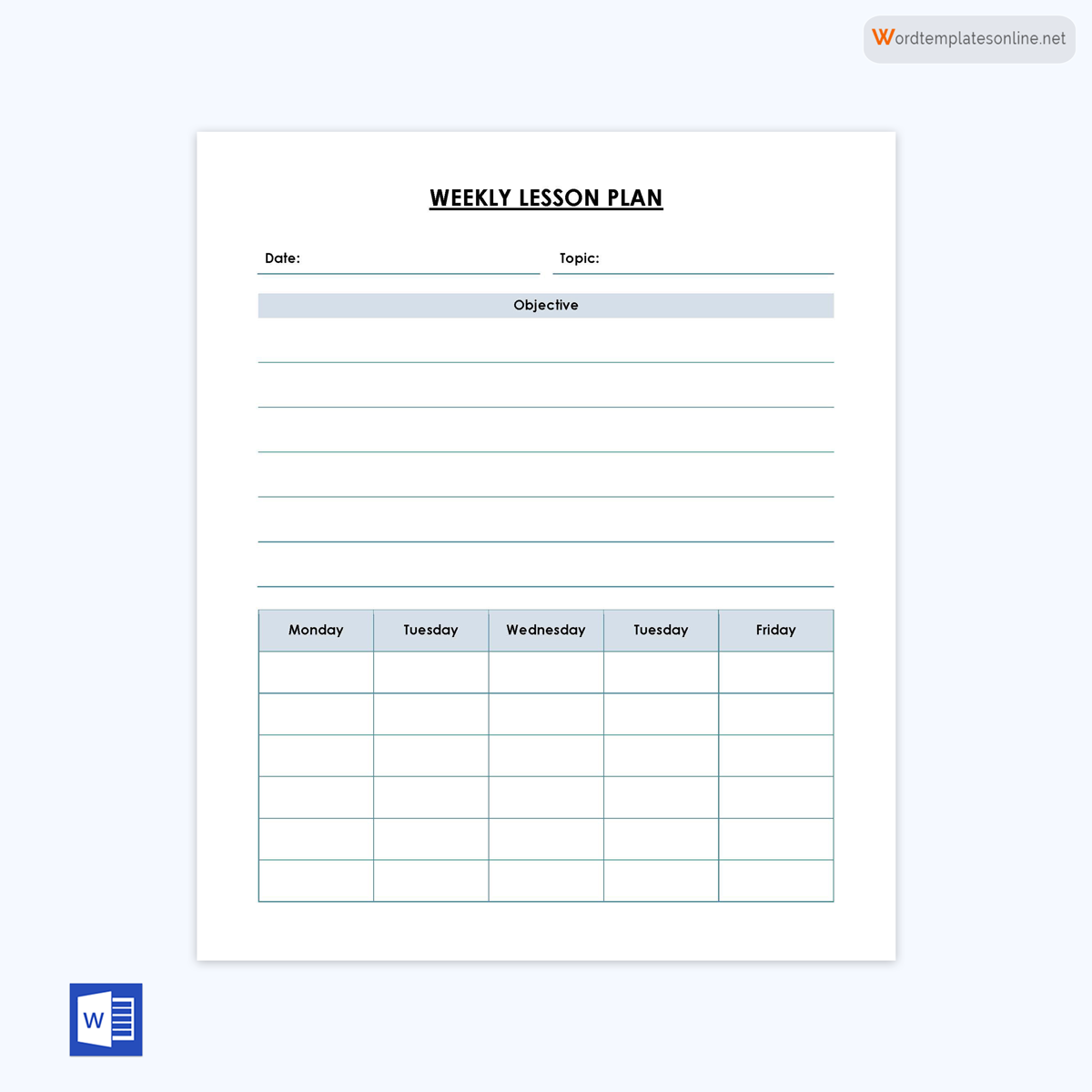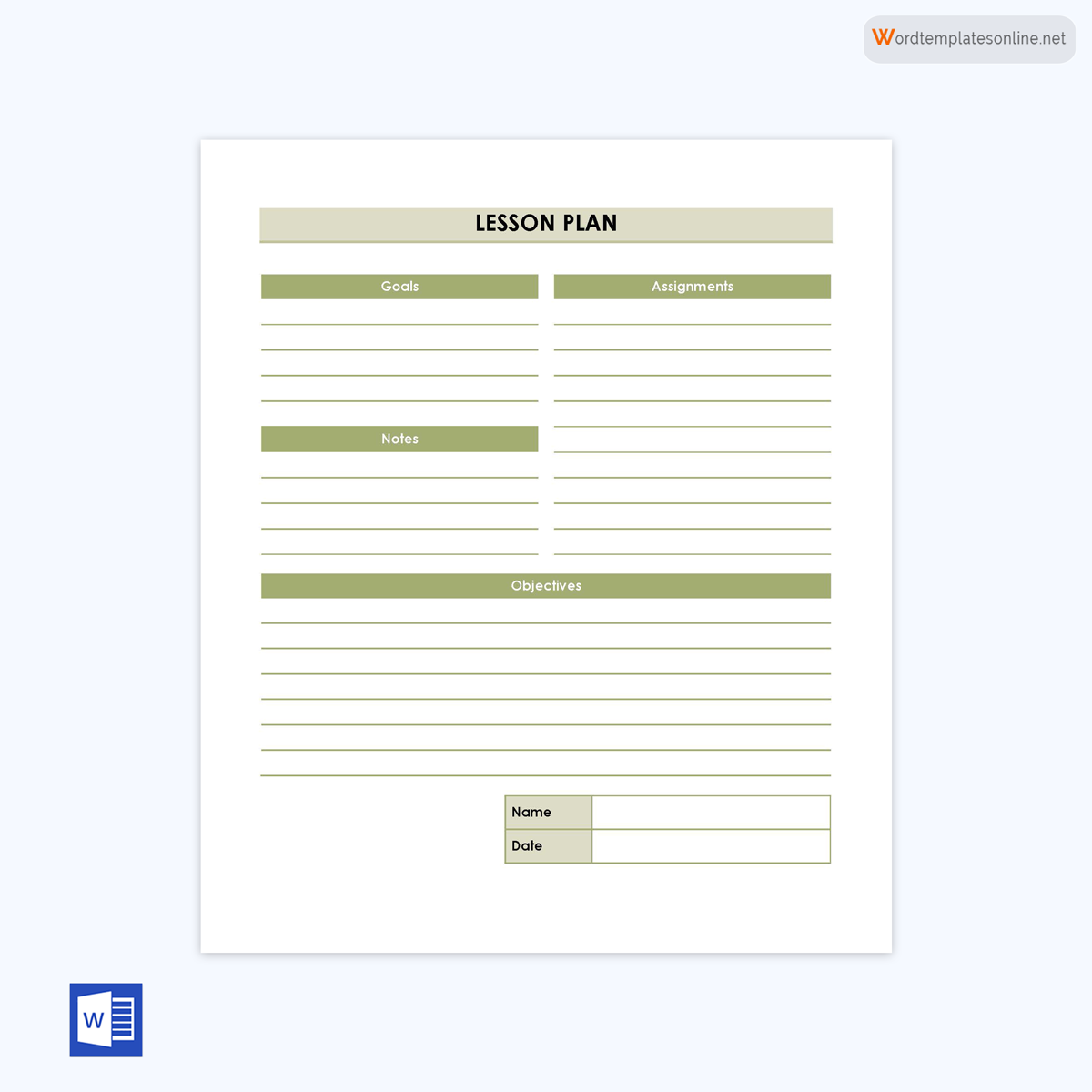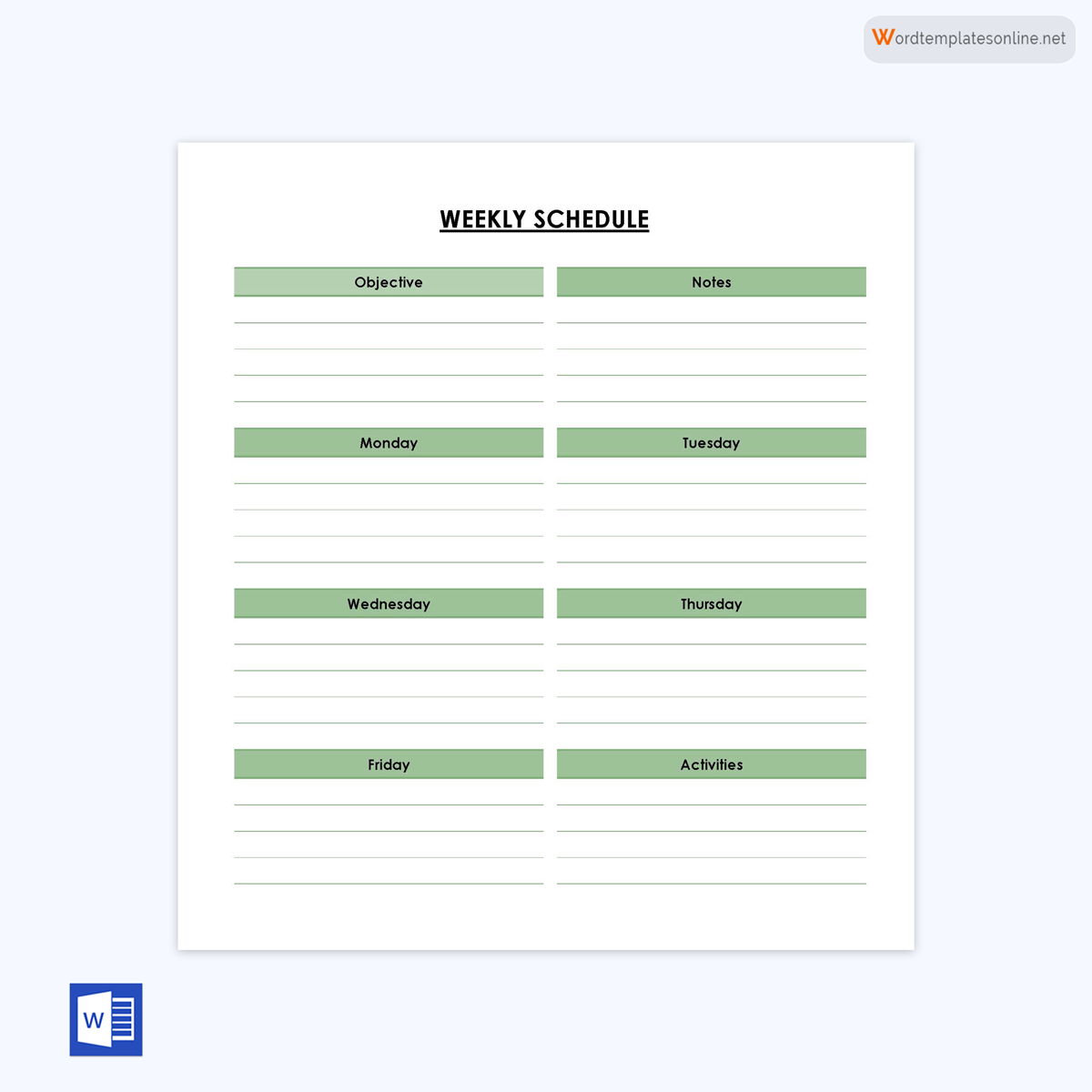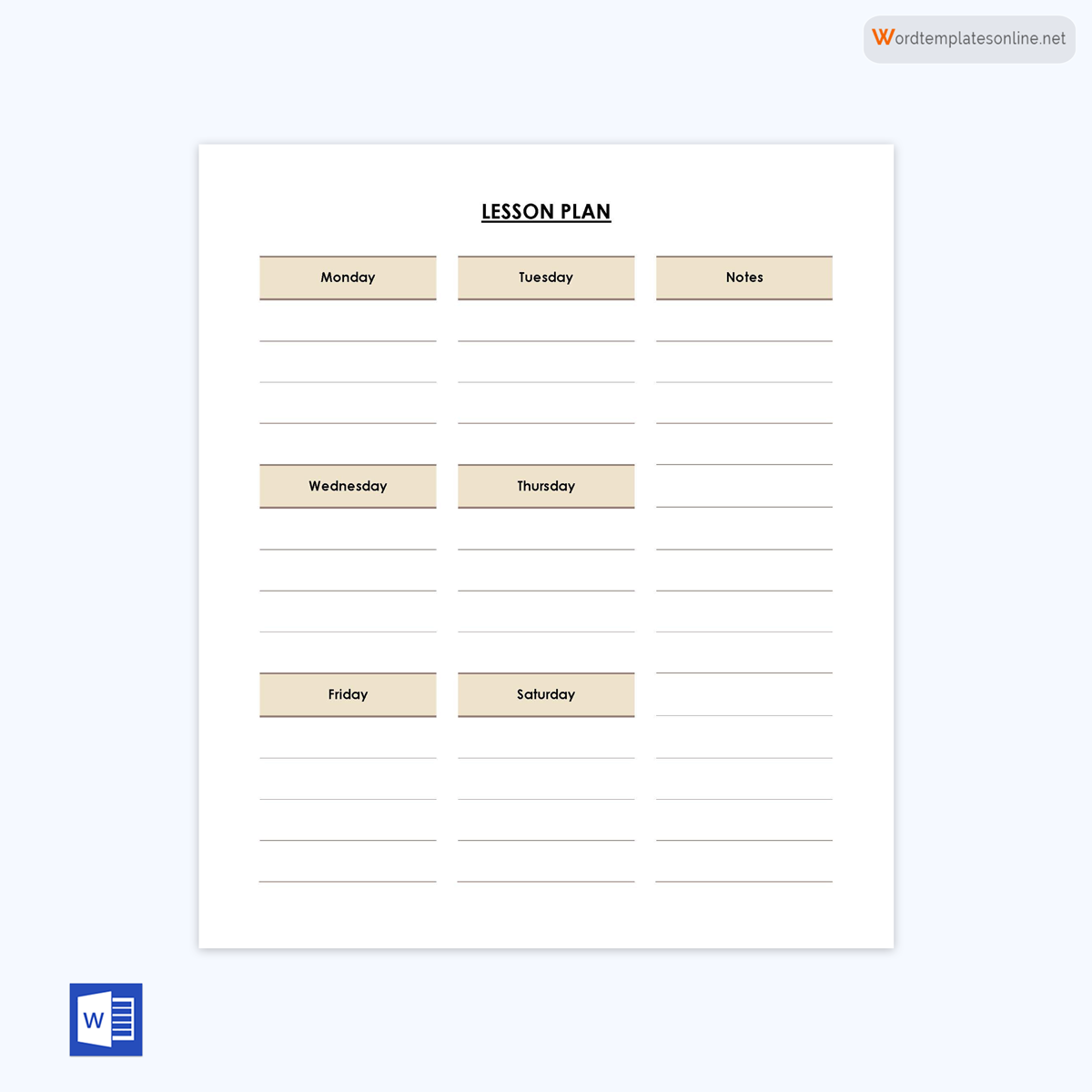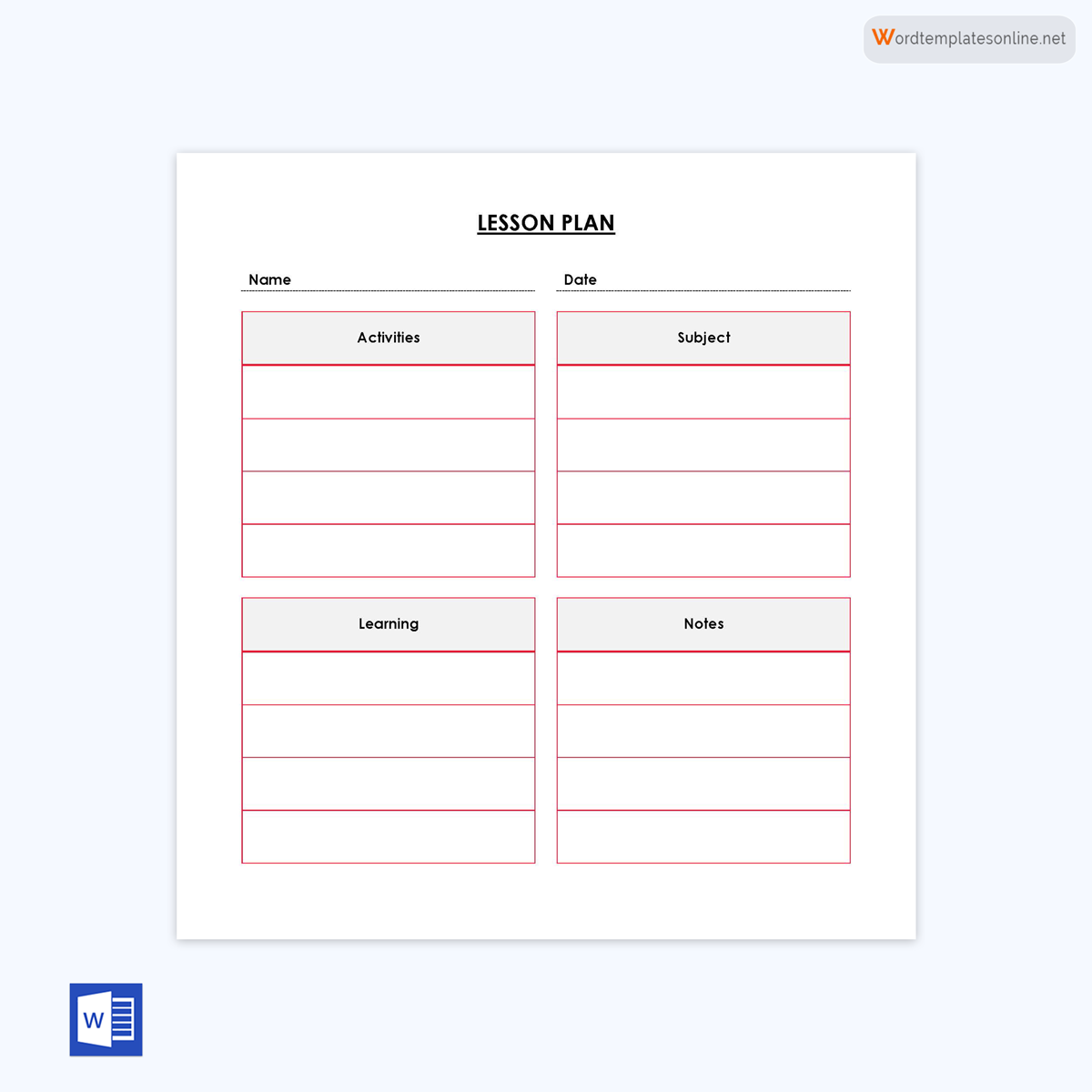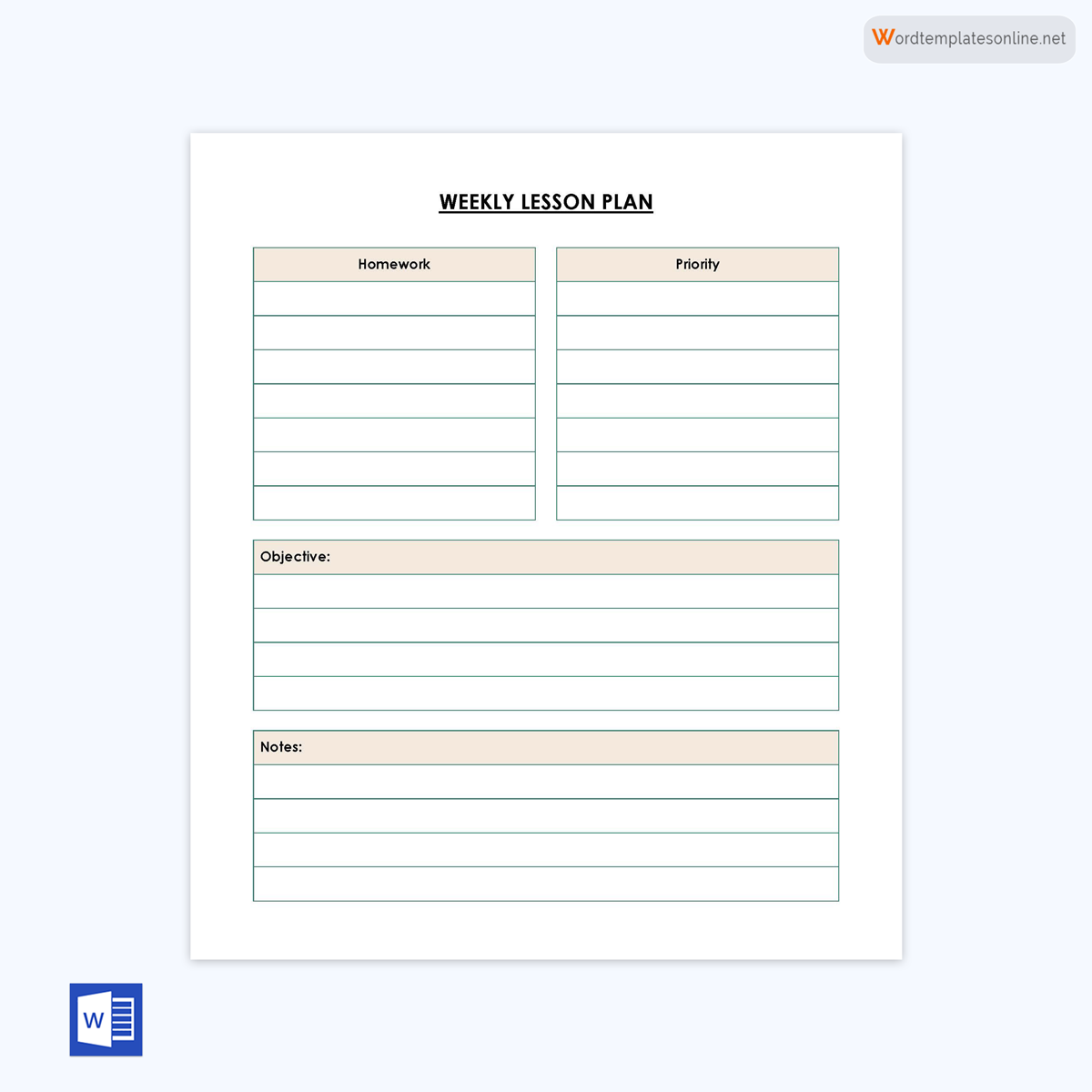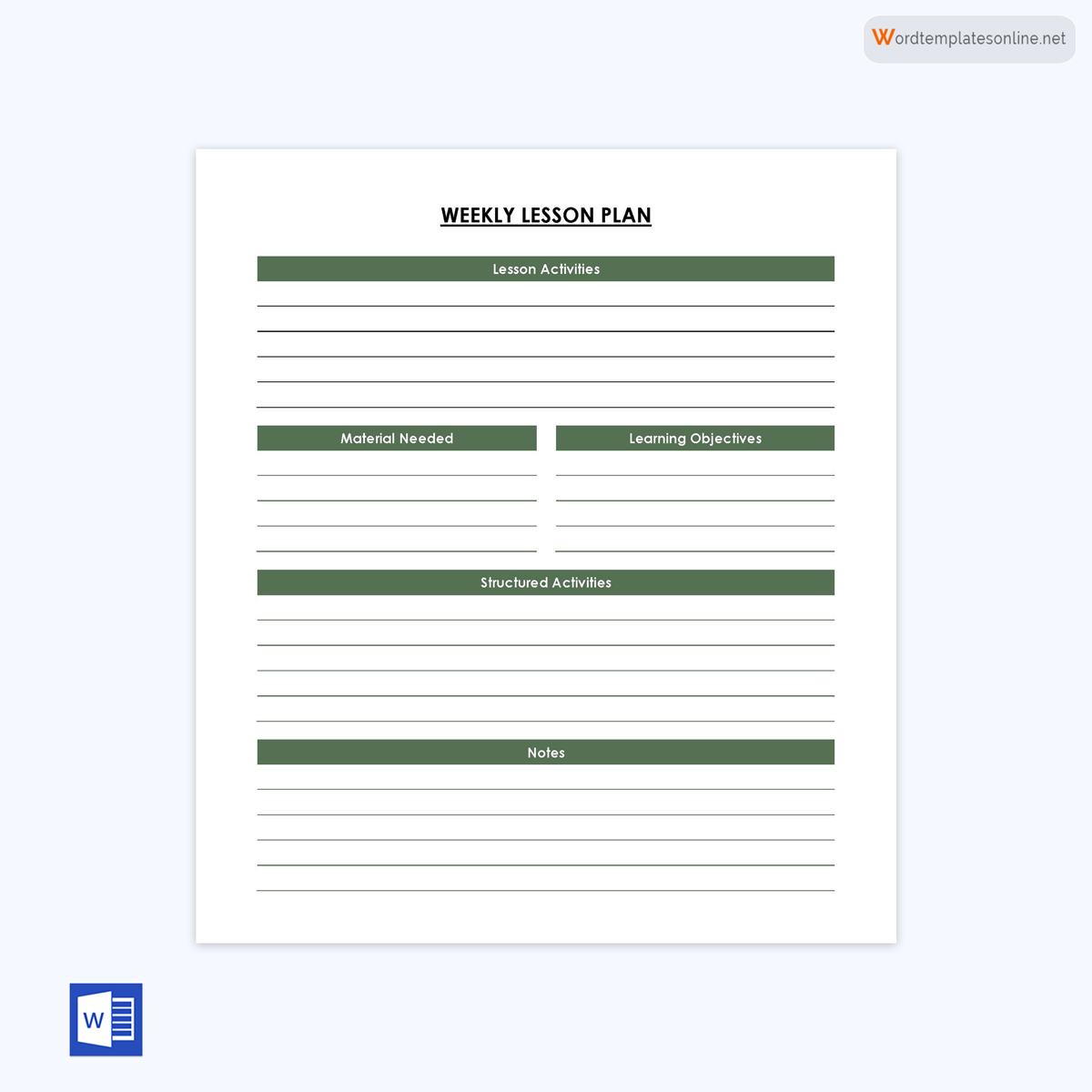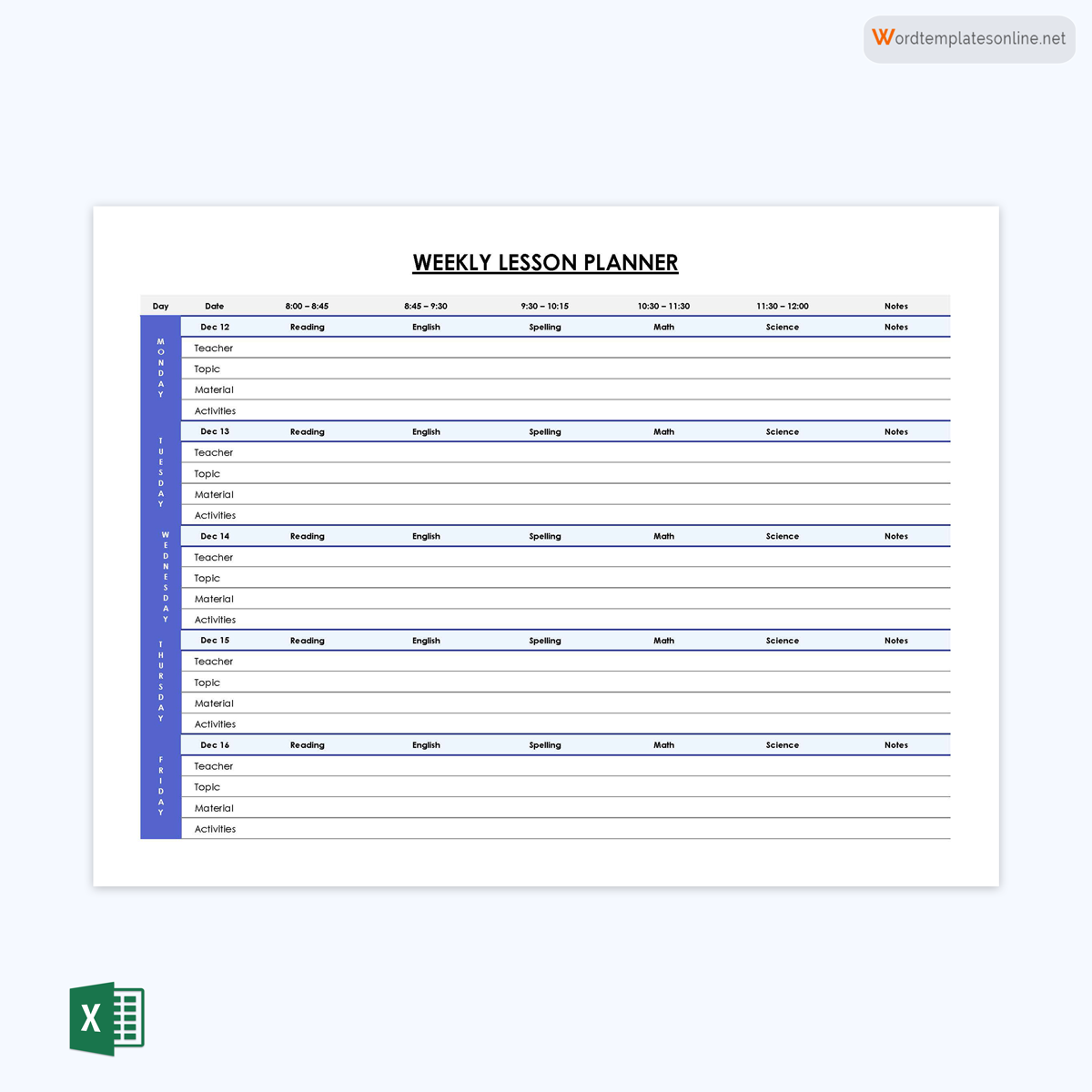The purpose of a weekly lesson plan is to provide a clear and organized framework for teaching a particular subject or topic during the week. A plan helps teachers set learning objectives, select appropriate instructional strategies, identify necessary resources and materials, and assess student learning outcomes. By having a well-designed plan, teachers can ensure that their lessons are aligned with academic standards, meet the needs of their students, and promote active engagement and participation in the learning process.
This article is especially useful for teachers and educators who are responsible for designing and delivering lessons to students in a variety of educational settings, including elementary, middle, and high schools, as well as colleges and universities. However, the article may also be useful for administrators, curriculum developers, and teacher trainees who are interested in learning more about the importance and components of effective planning.
This article has discussed essential topics about the lesson plan. The topics include:
- The definition of a weekly plan
- How to create it
- Why do you need it
- Types of weekly lesson plans
- Some tips for creating an effective lesson plan
What is a Weekly Lesson Plan?
A lesson plan for a week is a document created by a teacher that outlines the topics and activities that will be covered in a particular subject area during the week.
It typically includes the following components:
Learning objectives
A clear statement of what the students are expected to learn by the end of the week.
Standards
The academic standards or learning outcomes that the plan aligns with.
Materials and resources
A list of materials and resources needed for the week’s lessons, such as textbooks, handouts, technology tools, or other resources.
Instructional strategies
A description of the teaching strategies and techniques that will be used to deliver the content and engage students in the learning process, such as lectures, discussions, group work, or projects.
Assessment and evaluation
A plan for how the teacher will assess student learning throughout the week, such as quizzes, tests, or assignments, and how they will evaluate student progress toward the learning objectives.
Differentiation and accommodations
Strategies for differentiating instruction and accommodating diverse student needs, such as adapting materials or providing additional support for students with special needs.
The plan helps teachers stay organized about their teaching goals and ensures that all necessary topics and activities are covered in a coherent and logical sequence. It also provides a roadmap for assessing student learning and progress toward the learning objectives.
Why do You Need It?
There are several benefits to having the plan:
Organization and structure
Having a weekly plan helps organize and structure your teaching schedule. It allows you to plan and prepare in advance, ensuring that you have all the materials and resources needed to effectively deliver your lessons.
Focus and clarity
A plan helps you focus on the most important learning objectives and outcomes for each week. It ensures that you are clear about what you want your students to learn and achieve and helps you stay on track with your teaching goals.
Assessment and evaluation
A weekly plan provides a framework for assessing and evaluating students’ progress. By having a clear plan in place, you can easily identify areas where students may be struggling and adjust your teaching accordingly.
Time management
It helps you manage your time more effectively. It enables you to allocate the appropriate amount of time to each lesson, ensuring that you have enough time to cover all the important topics and activities.
Communication and collaboration
It can be shared with other teachers, parents, and administrators to improve communication. It can also facilitate collaboration among teachers, allowing for the sharing of ideas, resources, and best practices.
Free Templates
We have provided free templates for creating the plans for the week. These templates can be easily customized to suit your needs and can be downloaded from this page.
How to Create a Lesson Plan Using a Template
There are various ways to create a plan for your lessons online. You can create an online plan using a tool like Google Docs.
To create one, follow the steps below:
Select a template
Start by selecting a template that suits your needs. A template can help you organize your thoughts and ensure all the necessary information is included. The primary purpose of a template is to make your job easier and reduce any chance of errors in formatting or content. In addition, templates are essential if you want consistency in format.
Determine the learning objectives
Identify the learning objectives for the lesson or unit you are planning. These should be clear and measurable outcomes that you want students to achieve by the end of the lesson.
Add the required information
Use the template to guide your planning process. Most templates include sections for objectives, activities, assessments, materials, and resources. Write in each section the details of your plan.
Proofread
Reviewing the document is essential, and you must review the information to ensure that there are no mistakes. Ensure that you do not miss anything. You can also ask a friend or colleague to read your weekly lesson to check if you have missed anything. Edit it where necessary to improve the quality of your document.
Save it
After you proofread your document, the last step is to save it. You must save your plan on your computer in a designated folder to access it easily.
Types of Lesson Plans for the Week
There are several types of lesson plans that teachers can use, depending on their needs and preferences.
Here are some common types:
Subject-centered lesson plan
This type of plan is organized around a particular subject or topic. It outlines the learning objectives and activities for each day of the week, focusing on the content knowledge and skills related to the subject.
Activity-centered lesson plan
This type of plan is centered around a specific activity or project, such as a science experiment or a writing assignment. It outlines the steps and resources needed for the activity and the learning objectives that will be achieved.
Integrated lesson plan
An integrated plan incorporates multiple subjects and learning objectives into one plan. It helps to promote cross-curricular connections and a deeper understanding of the content.
Differentiated lesson plan
This type of plan is designed to meet the individual needs of diverse learners in the classroom, taking into account their different abilities, learning styles, and interests. It includes modifications and accommodations to help students access and engage with the content.
Standards-based lesson plan
This type of plan is based on the learning standards and objectives set by the school district or state. It ensures that all necessary content and skills are covered in the lessons throughout the week.
Technology-based lesson plan
This type of plan incorporates technology tools and resources into the learning objectives and activities. It may include online resources, interactive games, or multimedia presentations to enhance student engagement and learning.
Some Tips for Creating a Weekly Lesson Plan
Creating a plan can be incredibly helpful in keeping your classes organized and ensuring that you provide your students with the most effective learning experience.
Here are a few tips to create an efficient one:
Be particular about the resources you choose for your lessons
When creating a plan, be particular about the resources you want to use. When planning your week, list the books, articles, websites, and other materials you will need to cover each day. Curriculum companies provide a wide range of resources, and going through them can be time-consuming and overwhelming. Therefore, check for what is useful and remove what you might not use.
Use a variety of activities
Incorporate a variety of activities into your weekly plan to keep students engaged and address different learning styles. These may include group work, individual assignments, class discussions, or hands-on projects.
Be flexible
Be prepared to make adjustments to your plan as needed. Be responsive to your student’s needs and adapt your activities and assessments accordingly.
Incorporate differentiation
Consider how you will differentiate instruction to meet the needs of the diverse learners in your classroom. Include any modifications or accommodations that you will make to the plan to ensure that all students can access and engage with the content.
Review and reflect
Take time at the end of each week to review how your plan went and reflect on what worked well and what could be improved. Use this information to make adjustments to future plans.
Conclusion
In conclusion, creating a weekly lesson plan is an essential part of effective teaching. A well-designed plan helps teachers to stay organized, prioritize content, and ensure that all learning objectives are met. By using a consistent structure, incorporating a variety of activities, and planning for assessment, teachers can create engaging and effective plans for their lessons that meet the needs of all learners. To make the process even easier, free templates are available online that can be adapted to suit individual teaching styles and needs. By using these templates, teachers can save time and focus on the most important aspects of planning, ultimately leading to better outcomes for their students.
